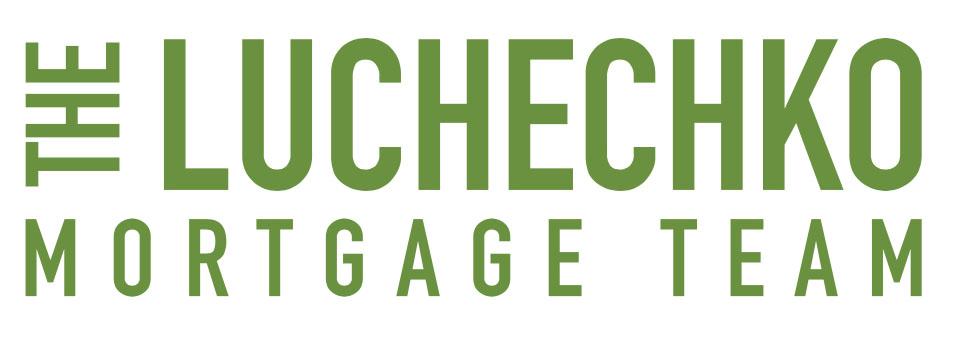The following three trends are taking place in the real estate market now. Understanding how they play into home decisions can help you:
Make educated choices about priority features in a new home
Determine how to list/market your current home for sale
Select upgrades and remodeling projects that may mean a greater return on investment down the line
There is a huge trend in extended families phenomena
Larger Extended Families = A Greater Need for Space
Families are growing. From multi-generational households to pets, the need for living space has increased in the last decade.
According to Generations United, one in four Americans, or 26% of the population, live in a multi-generational household. This number has grown dramatically over the last decade – almost quadrupling between the organization's 2011 and 2021 surveys. A multi-generational household, by definition, includes at least three generations. This could be a combination of grandparents, aunts and uncles, parents, children, etc. With a variety of individuals living under one roof, space is at a premium.
The number one reason sellers sold during the pandemic was to gain additional space, according to the National Association of Realtors. The pandemic served as one impetus for individuals to move into multi-generational households. By moving in together, families could take care of aging loved ones, pool their money and save on costs, and provide grown children who moved back home with more space.
We’re already into cold weather season, but it’s never too late to ensure that your house is protected in winter temperatures. We’ve pulled together some helpful tips to help you prepare for freezes, snowstorms, or other adverse conditions.
Prepare the Inside of Your Home
Getting your home ready indoors for colder temperatures will not only keep you and your family more comfortable this winter, but also help prevent expensive, inconvenient repairs.
Get your HVAC system ready.
It’s wise to have your heating and cooling system inspected by a professional twice a year – in the fall and in the spring – to keep everything running smoothly. Many HVAC service companies will put you on a biannual service program, so you don’t have to worry about remembering.
Clean out your chimney and fireplace.
Soot and ash from previous seasons can clog your fireplace and chimney, and create dangerous conditions that could cause a fire. Protect your family and your home by purchasing a chimney cleaning kit, or hiring a professional chimney sweep.
Take care of your pipes.
Cover any pipes that are in danger of freezing, such as those closest to your outside walls, with pipe insulation to help prevent them from bursting.
When temperatures drop drastically you can also run a slight trickle of water in each of your faucets to keep water moving and lower the chances of the pipes freezing. This is an especially important trick to remember if you lose power and heat, which increases your chances of frozen pipes.
When seeking a loan, one of the most important factors taken into consideration is your credit score. Many things can affect your credit score, including your credit history, the amount you owe, and your mix of credit.
Credit inquiries are a point of confusion for many borrowers. There are both hard and soft credit inquiries. Credit inquiries have the potential to affect credit score, so it is wise for borrowers to understand the differences between the two types of inquiries. Credit scores are a key part in how lenders determine credit worthiness and the cost of a loan for the borrower.
If you’ve ever questioned opening a new credit card account because of the inquiry to your credit, or wondered how your credit score would affect your home mortgage loan.
One of the oldest and most commonly-used credit score brands is FICO. According to FICO “A FICO Score is a three-digit number based on the information in your credit reports. It helps lenders determine how likely you are to repay a loan. This, in turn, affects how much you can borrow, how many months you have to repay the loan, and how much it will cost (the interest rate).
What does this mean for you? In essence, your chance of getting a loan that fits your needs is reliant on your credit score – a higher score shows that you handle credit well, which can improve the terms of your loan. Scores typically range between 300 and 850..jpg)


